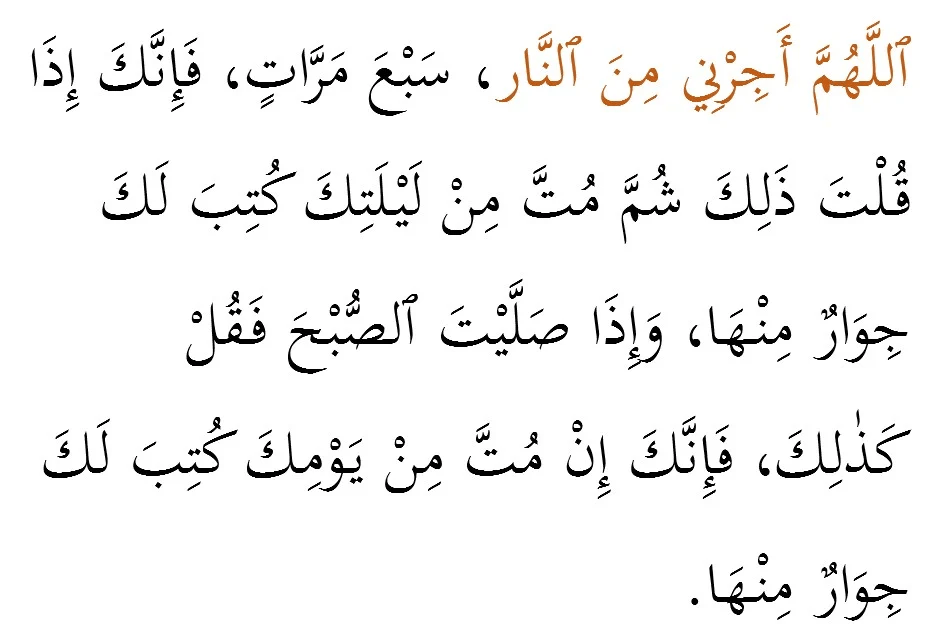Do you know the power of the supplications (doa) recited after your prayers (solat)? Far from being a mere formality, these post-prayer duas are a potent opportunity to connect directly with Allah SWT, expressing gratitude, seeking forgiveness, and making heartfelt requests. This post will explore the significance of doa selepas solat, offering insights into its spiritual benefits and providing examples of powerful supplications you can incorporate into your daily practice.
5 Contoh Doa Selepas Solat Yang Anda Boleh Amalkan
Following your prayers (solat) is a powerful time for supplication. Here are five examples of short, impactful doa (prayers) you can incorporate into your routine: 1) A simple prayer for forgiveness (“Ya Allah, ampunkan dosa-dosaku”); 2) A prayer for guidance (“Ya Allah, berikanlah aku hidayah-Mu”); 3) A prayer for protection (“Ya Allah, lindungilah aku dan keluargaku”); 4) A prayer for provision (“Ya Allah, cukupkanlah rezekiku”); and 5) A prayer for health and well-being (“Ya Allah, sehatkanlah badan dan jiwaku”). Remember to pray with sincerity and focus, making these short duas a consistent part of your post-prayer practice.
korbanaqiqah.com.my
Panduan Doa Selepas Solat
Following the completion of your prayers (solat), reciting the *Panduan doa selepas solat* (supplications after prayer) is highly recommended. These aren’t prescribed prayers in the same way as the obligatory *solat* itself, but rather a collection of beneficial supplications that strengthen your connection with Allah SWT. The *Panduan* often includes various duas for forgiveness, protection, guidance, and blessings in this life and the hereafter. Familiarizing yourself with these supplications, even learning just a few, can significantly enrich your post-prayer experience and enhance the spiritual benefits of your *solat*. Many resources, both online and in print, provide comprehensive guides to these *doa*, making them easily accessible to all.

Photo credit: ecentral.my
dadtravels.weebly.com
(pdf) Doa Selepas Solat
This post focuses on the importance and benefits of reciting the *doa selepas solat* (post-prayer supplication) in Islam. While there isn’t one single, universally prescribed *doa* to recite after every prayer, numerous authentic supplications exist, varying in length and focus. These *doa* are not merely optional additions; they represent a crucial concluding element of the prayer, offering an opportunity to express gratitude to Allah SWT, seek His forgiveness, and make personal requests. Learning and regularly reciting these *doa*, whether from readily available PDFs or memorized, strengthens one’s connection with God and enhances the overall spiritual reward of performing the prayer itself. Many PDFs containing collections of these supplications are available online, providing a convenient resource for those seeking to incorporate this vital practice into their daily routine.
dokumen.tips
Doa Selepas Solat Fardhu Ringkas, Mudah Hafal (arab & Rumi)
Following obligatory prayers (solat fardhu), reciting a short supplication is highly recommended. A simple and easily memorized doa is: اللهمَّ أنتَ السَّلامُ، مِنْكَ السَّلامُ، تَبارَكْتَ يا ذا الجَلالِ وَالإِكْرامِ ( *Allahumma anta assalamu, minka assalamu, tabarakta ya dhal jalali wal ikram*). This translates to: “O Allah, You are Peace, from You is Peace, blessed are You, O possessor of Majesty and Honour.” Its brevity and profound meaning make it ideal for daily practice, strengthening one’s connection with Allah after completing the prayer.

Photo credit: ecentral.my
ecentral.my
Mustajab-doa: Doa Selepas Solat
Following every prayer (solat), Muslims have the opportunity to strengthen their connection with Allah through supplication, known as *doa*. The *doa selepas solat*, or post-prayer supplication, holds a special significance, often referred to as *Mustajab-doa*, meaning “answered prayer.” While all *doa* are heard by Allah, the period immediately after prayer is considered a particularly blessed time, increasing the likelihood of acceptance. This is because the heart is still focused on worship and the connection to the Divine is heightened, making it a potent time for sincere requests and expressions of gratitude. Many Muslims utilize this time to make personal requests, seek forgiveness, or offer thanks for blessings already received. The specific words used are not prescribed, but rather the sincerity and humility of the supplicant are key.

Photo credit: 2.bp.blogspot.com
mustajab-doa.blogspot.com


